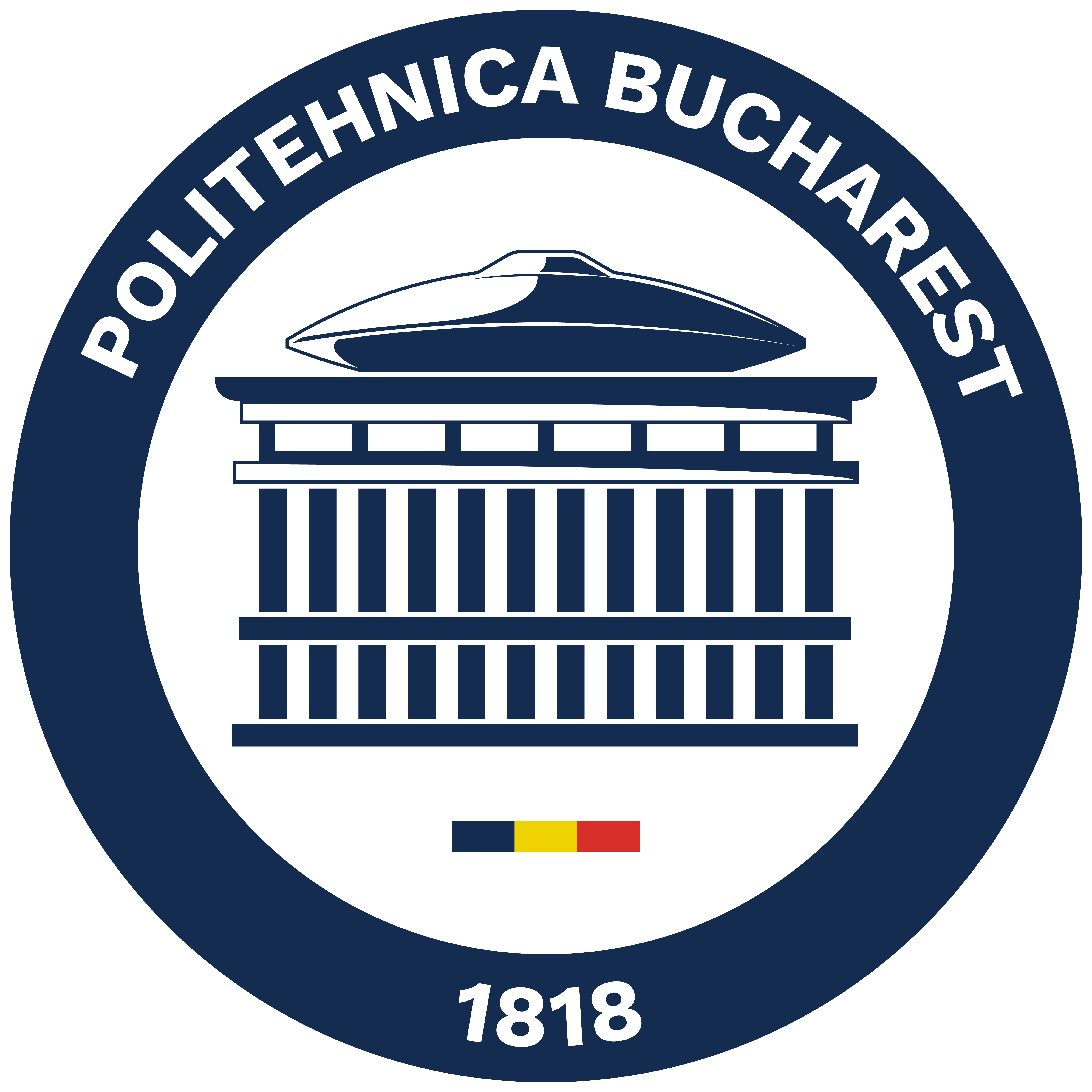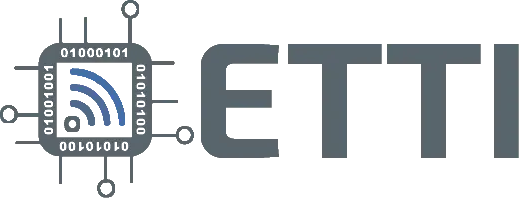HOME
About SpeeD
The Speech and Dialogue (SpeeD) Laboratory is a teaching and research laboratory, part of the National University of Science and Technology POLITEHNICA Bucharest.
The SpeeD Laboratory was founded in 1984 by Professor Corneliu Burileanu, who has also been the leader of the laboratory ever since. The SpeeD Laboratory staff is currently composed of 8 full-time academic members (2 full professors, 1 associate professor, 3 lecturers, and 2 teaching assistants), 5 researchers, more than 10 PhD students, and several Master’s students.
For almost 20 years, SpeeD has organized the Speech Technology and Human-Computer Dialogue Conference (SpeD), an IEEE-indexed scientific international event taking place once every two years, gathering academics and industry professionals from universities, government agencies, and companies.
Research activity
The SpeeD Laboratory is currently involved in several research projects and is concerned with scientific research in multiple areas:
- All areas of Spoken Language Technology, including:
- Automatic Speech Recognition and Text-to-Speech synthesis
- Speaker Recognition
- Spoken Term Detection, Spoken Document Indexing/Retrieval
- Natural Language Processing, including Language Modeling
- Speech Emotion Recognition
- Human-Computer Interaction
- Digital Signal Processing
- Machine Learning and Deep Learning
- Embedded Systems
- Multimodal and Multimedia Processing
- Robotics
- Intelligent Robots and Human-Robot Interaction
The SpeeD Laboratory is one of the leading speech research groups in Romania, with many significant contributions to the development of spoken language technologies, among which the most important are:
- the first small vocabulary isolated words recognition system for Romanian (1986);
- an early version of a complete Voice over IP (VoIP) system (1994-1995, see the Proceedings of “ICSPAT” Conference, Boston, USA, 1995);
- the first version of a Text-to-Speech (TTS) synthesis system in Romanian (1998);
- the first Large vocabulary Continuous Speech Recognition (LVCSR) system for Romanian (2011);
- a Rich Speech Transcription service for audio documents – LVCSR-ROM project (2014);
- a natural-language, voice-controlled assistive system for intelligent buildings prototype – ANVSIB project (2017);
- an automatic infant crying recognition system – SPLANN project (2017).
Academic activity
The SpeeD Laboratory staff is dedicated to academic teaching and scientific research at bachelor, master and doctoral level in various fields at the confluence of electronics, signal processing and information technology.
The SpeeD Labortaory staff teaches several courses at the Faculty of Electronics, Telecommunications and Information Technology (ETTI), among which the most important are:
- Microprocessor Architecture
- Microcontrollers
- Digital Signal Processing
- Advanced Techniques in Digital Signal Processing
- Artificial Intelligence
Furthermore, since 2011, the group has coordinated the two-years Multimedia Technologies in Biometrics and Information Security Applications (BIOSINF) Master’s program.
Infrastructure
The SpeeD Laboratory can be found in two locations: at the Faculty of Electronics, Telecommunications and Information Technology (ETTI) and at the CAMPUS Research Center, where it includes several multi-functional rooms (offices, meeting rooms, teaching and research laboratories).
Both locations are equipped to fully accomodate academic and research activities: powerful laptops, high-performance computing systems, a GPU cluster suitable for Machine and Deep Learning, development boards, robots (NAO, Kuka youbot, Jaguar), robotic arms, robocontrollers (hexapods), aerial systems (quadcopters, SUAV), networking hardware, professional audio recording/playback devices, measurement and analysis equipment, software development tools and dedicated software applications, multimedia facilities for teaching and presentations, etc.
More about the infrastructure:
- Microprocessor Architecture and Microcontrollers Lab
- Digital Signal Processing and Artificial Intelligence Lab
- Signal Modelling and Analysis Lab
Partnerships
Since its founding, the SpeeD Laboratory has coordinated and was involved in numerous national and international research projects and industrial projects. Among the collaborators are:
The SpeeD Laboratory has successfully implemented over 30 private and national research grants. The SpeeD Laboratory group holds more than 10 Romanian issued patents and its members have authored more than 300 books, book chapters and journal/conference papers.







